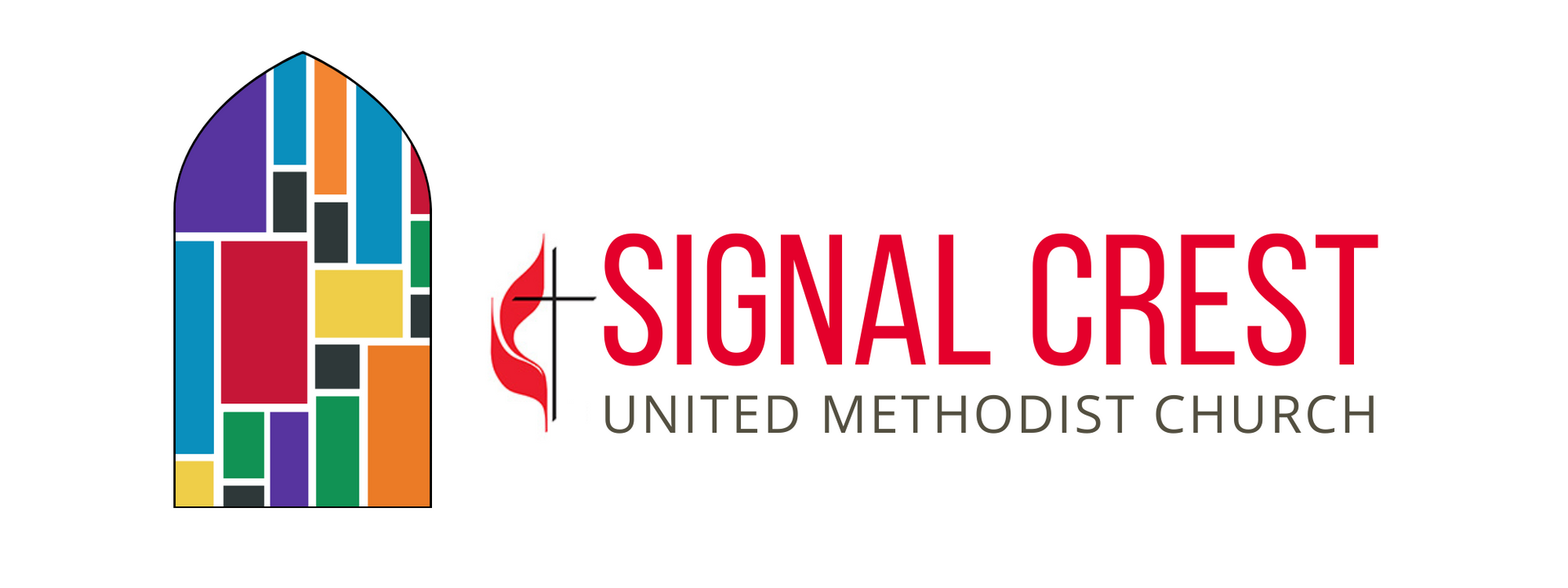The Lord bless you and keep you;
the Lord make his face to shine upon you,
and be gracious to you;
the Lord lift up his countenance upon you,
and give you peace.
(Numbers 6:24-26 NRSV)
If you’re following along with our reading plan to read through the Bible this year, we’ve been spending the past couple of weeks in the book of Numbers. Honestly, it’s probably not the most riveting book in the Bible, with its multiple censuses of the tribes of Israel (hence the book’s name) and its meticulous instructions on sacrifices and offerings. It has a few confusing and outright disturbing passages that I’m still trying to understand. But the passage quoted above is probably the most familiar and most favorite passage from Numbers.
This is the so-called “priestly blessing.” The Lord instructed Moses to tell his brother Aaron, who was the head of the priestly lineage, to bless the people of Israel with this blessing. These ancient words were found inscribed on two silver cylinders that date from about 600 years before Jesus. That means these words are the earliest fragments that have been found of any biblical texts. They’re even older than the Dead Sea manuscripts by about 400 years.
If you grew up Methodist, you may know these words as the benediction recited at the end of youth group meetings. I sang in the traveling choir in college, and we would always conclude our concerts by singing the composer Peter Lutkin’s choral arrangement of this blessing, with its towering sevenfold “Amen” at the end. Lutkin, however, rearranged the verses in his piece, putting the third verse before the second. So whenever I share this blessing in a service of worship or at a funeral, I have to either look it up or write it down, because the way I’ve sung it mixes up with the way we say it.
The people of Israel do a lot of complaining in the book of Numbers as they make their glacial way through the wilderness. They remind me of kids in the car whining about how much further do we have to go. And many times Moses seems like he’d much rather bless them out than bless them. And God’s patience with them gets a little thin a few times, too. But through it all, it’s still this blessing that stands out to me—this pronouncement of the Lord’s protection, attention, and affection.
Every day we have a choice about how we will use our words. Will we use our words to complain, to criticize, or to curse others? Or will we choose to use our words to bless others, to build them up, to encourage them?
And I don’t mean saying “well, bless their/your heart.” That’s often just a genteel southern way of putting someone down (amiright?) I mean offering someone else a genuine, heartfelt blessing. Especially someone who may least expect it. Even someone who may not necessarily deserve it. And if you don’t know quite what to say, you can borrow these words. After all, they’ve seemed to work pretty well for quite a while.

